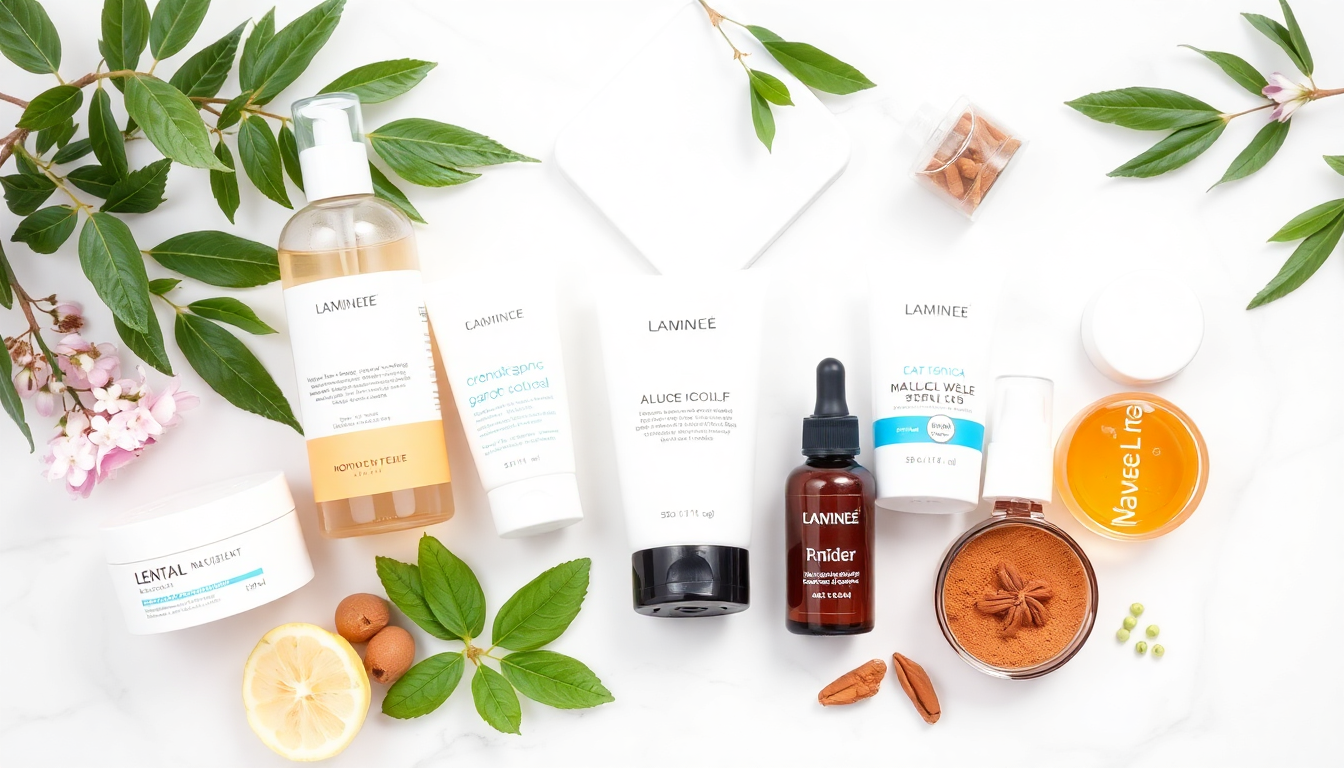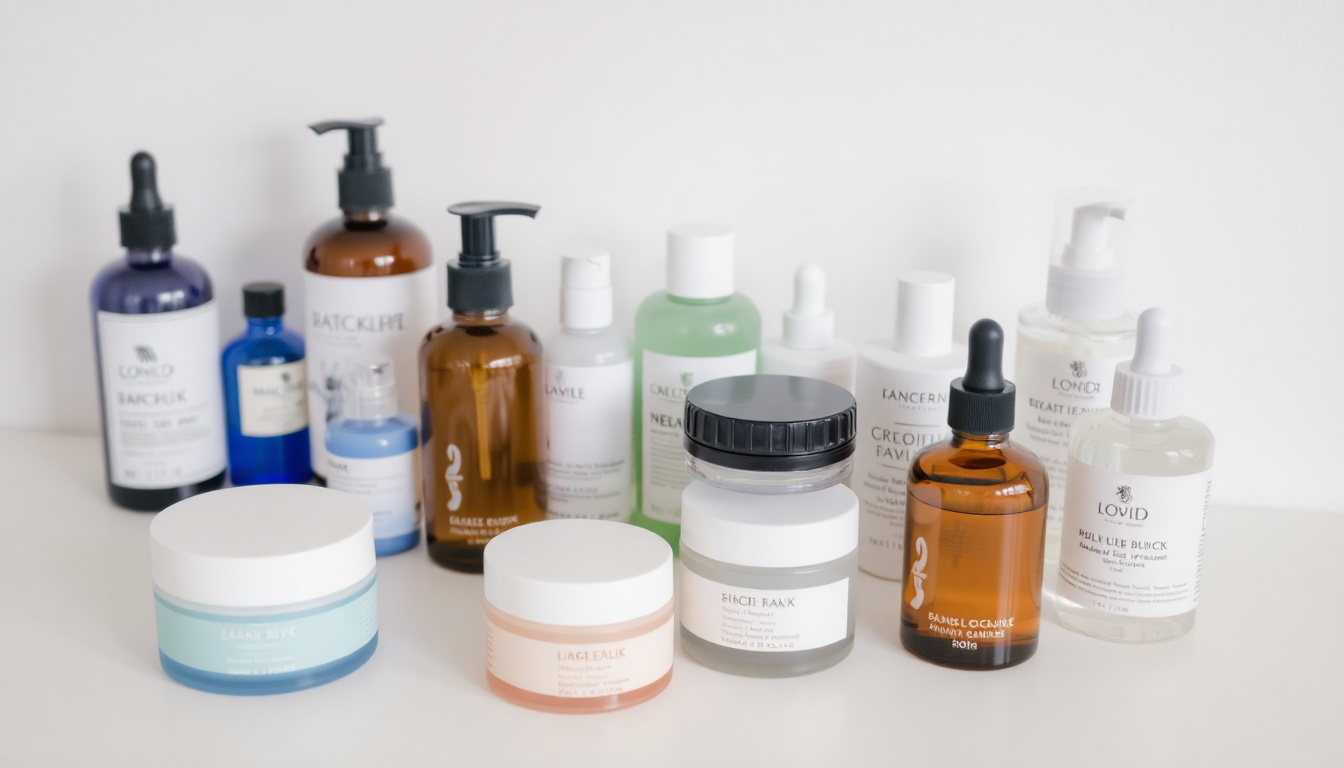Understanding Beard Growth: The Biological Basics
Growing a full, thick beard is a goal for many men around the world. But before diving into the world of beard care products, it’s important to understand how beard growth actually works. Facial hair growth is a natural biological process primarily influenced by hormones, genetics, and overall health.
The key hormone responsible for beard growth is testosterone. Within the body, testosterone is converted into a more potent androgen called dihydrotestosterone (DHT) by the enzyme 5-alpha reductase. DHT then binds to androgen receptors located in hair follicles, stimulating the growth of facial hair that is thicker, darker, and coarser compared to scalp hair.
However, not all men experience the same beard growth patterns. Genetics heavily influence the density, coverage, and texture of the beard. Some men naturally have patchy or sparse beards, while others grow thick, full facial hair with ease. This genetic predisposition is why beard growth varies significantly from person to person.
Other factors such as age, health conditions, nutrition, stress levels, and lifestyle habits also impact the rate and quality of beard growth. Typically, men experience their fullest beard growth potential between their late 20s and early 40s.
What Is Beard Oil and What Does It Contain?
Beard oil is a grooming product designed to moisturize the skin underneath the beard and condition the facial hair itself. It usually contains a blend of carrier oils and essential oils, chosen for their nourishing properties and pleasant scent. Over the years, beard oil has become a staple in men’s grooming routines, promising softer, shinier, and healthier-looking beards.
Common ingredients found in beard oils include:
- Jojoba Oil: Closely resembles the skin’s natural sebum, making it an excellent moisturizer that prevents dryness and flaking.
- Argan Oil: Packed with vitamin E and fatty acids, argan oil nourishes and softens hair while promoting shine.
- Castor Oil: Known for its thick consistency, it is often touted for its potential to stimulate hair growth and strengthen follicles.
- Vitamin E: An antioxidant that helps repair damaged hair follicles and supports scalp and skin health.
- Essential Oils: Such as rosemary, peppermint, cedarwood, or tea tree oil, which can provide a refreshing scent and may improve blood circulation in the skin.
The combination of these oils aims to hydrate the skin beneath your beard, reduce itchiness and irritation, and condition the beard hair to prevent breakage and split ends.
Does Beard Oil Actually Promote Beard Growth?
This question lies at the heart of many men’s search for a fuller beard. The truth is nuanced. Beard oil itself is not a hair growth miracle. Scientific research specifically targeting beard oils' ability to stimulate facial hair growth is limited and inconclusive at best.
Most of the evidence supporting beard oil’s role in promoting growth is anecdotal or based on the properties of individual ingredients. For instance, castor oil contains ricinoleic acid, which some studies suggest may increase circulation to hair follicles and improve follicle health, potentially supporting hair growth. Similarly, biotin (vitamin B7), often included in hair supplements and some topical products, is known to promote hair health but has limited proof of effectiveness when applied topically.
However, the indirect benefits of beard oil are significant. By moisturizing the skin and hair, beard oil creates an optimal environment for hair follicles to function properly. Dry, flaky skin can lead to hair follicle irritation and potential hair loss, so keeping the skin hydrated is crucial. Additionally, a conditioned beard is less prone to breakage, enabling the hair to grow longer and appear fuller over time.
Regular massage of beard oil into the skin can also stimulate blood flow. Improved circulation means better delivery of oxygen and nutrients to hair follicles, which is vital for healthy hair growth. While this does not guarantee accelerated growth, it supports the natural growth process.
Common Myths About Beard Oil and Growth
There are several myths surrounding beard oil and its effects on beard growth that are important to debunk:
- Myth 1: Beard Oil Can Change Your Genetics. Genetics are the primary determinant of how your beard grows. Beard oil cannot alter your genetic code or hormonal balance to create new hair follicles or increase follicle density.
- Myth 2: Beard Oil Stimulates Instant Hair Growth. Beard growth is a gradual process influenced by many factors. Beard oil supports healthy conditions but does not cause rapid hair growth overnight.
- Myth 3: All Beard Oils Are the Same. The effectiveness of beard oil greatly depends on its ingredients and quality. Some oils are better formulated to nourish the skin and hair, while others may be less effective or even clog pores.
- Myth 4: You Don’t Need to Care for the Skin Underneath Your Beard. Healthy skin is essential for healthy hair. Neglecting skin care can result in dryness, itchiness, and beard dandruff, which hinder optimal beard growth.
The Science Behind Key Ingredients in Beard Oil
To better understand the potential benefits of beard oil, let's explore some commonly used ingredients and the science backing their use:
Castor Oil
Castor oil is rich in ricinoleic acid, a fatty acid that has anti-inflammatory and antimicrobial properties. Some studies suggest it can improve blood circulation when massaged into the skin, which theoretically could boost hair follicle function. However, scientific proof specifically linking castor oil to enhanced facial hair growth remains limited.
Jojoba Oil
Jojoba oil is structurally similar to human sebum, making it an excellent moisturizer that helps prevent skin dryness and irritation. Healthy skin supports better hair follicle health, indirectly promoting better beard growth conditions.
Essential Oils (Rosemary, Peppermint, Tea Tree)
Essential oils like rosemary and peppermint have been studied for their ability to stimulate hair growth on the scalp by increasing circulation and providing antimicrobial benefits. While promising, direct evidence for their effectiveness on beard hair is still emerging.
How to Use Beard Oil for Best Results in 2025
Incorporating beard oil into your grooming routine correctly maximizes its benefits. Follow these steps:
- Start with a Clean Beard: Wash your beard with a gentle cleanser or beard shampoo to remove dirt and excess oils.
- Towel Dry: Pat your beard dry but keep it slightly damp to help absorb the oil better.
- Apply the Oil: Dispense 3-6 drops of beard oil onto your palm (amount depends on beard length).
- Rub Hands Together: Warm the oil by rubbing your palms together for even distribution.
- Massage into Beard and Skin: Starting at the roots, massage the oil deeply into the beard and underlying skin to stimulate follicles and hydrate.
- Comb or Brush: Use a beard comb or brush to evenly spread the oil and style your beard.
Consistency is critical. Applying beard oil daily or at least several times a week helps maintain skin hydration and beard softness.
Additional Tips for Supporting Beard Growth
For men seeking to optimize beard growth and health, beard oil should be part of a broader, holistic care routine. Consider these lifestyle and grooming tips:
- Maintain a Balanced Diet: Nutrient-rich foods high in vitamins A, C, D, E, biotin, zinc, and protein support hair follicle function.
- Stay Hydrated: Adequate water intake keeps skin hydrated and supports cellular processes.
- Manage Stress: Chronic stress can disrupt hormonal balance and impair hair growth.
- Exercise Regularly: Physical activity improves blood circulation and hormone levels.
- Get Enough Sleep: Restorative sleep is essential for tissue repair and hormone regulation.
- Avoid Harmful Habits: Smoking and excessive alcohol consumption can negatively impact hair growth.
- Practice Good Skincare: Exfoliate occasionally to remove dead skin cells and promote healthy follicles.
When to Consult a Professional
If you're struggling with patchy or slow beard growth despite consistent care, it may be worthwhile to consult a dermatologist or healthcare professional. Underlying medical conditions such as hormonal imbalances, alopecia, or skin infections might be contributing factors requiring targeted treatment.
Conclusion: Beard Oil as a Valuable Tool, Not a Magic Solution
In 2025, beard oil remains a highly beneficial grooming product for maintaining a healthy, soft, and manageable beard. While it does not directly cause beard hair to grow faster or thicker, its moisturizing, conditioning, and soothing properties create an ideal environment for natural beard growth.
Understanding the science behind beard growth and debunking common myths allows you to set realistic expectations. By combining beard oil use with healthy lifestyle choices, proper skincare, and patience, you can maximize your beard’s potential and enjoy a well-groomed, vibrant look.
Remember, the journey to a great beard is personal and unique. Embrace it with consistent care, and your beard will reward you with a distinguished appearance.




Leave a comment
All comments are moderated before being published.
Този сайт е защитен чрез hCaptcha и се прилагат Правилата за поверителност и Условията за използване на услугата на hCaptcha.